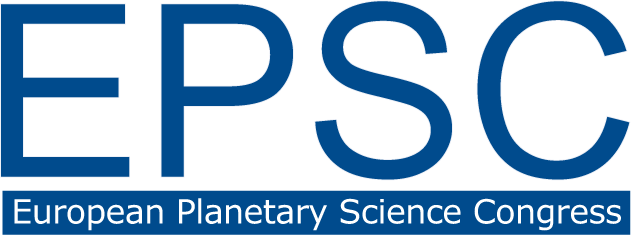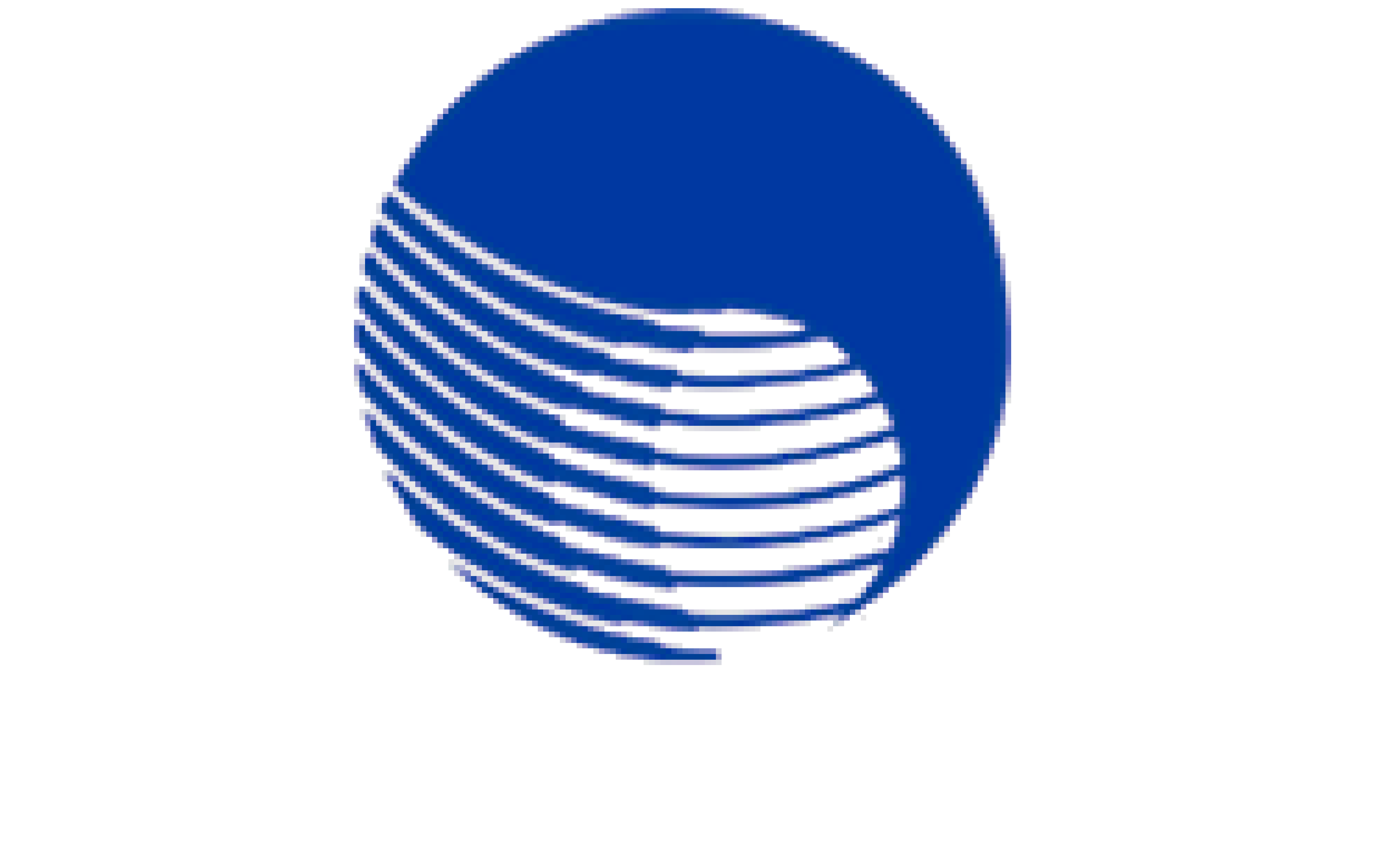Ionospheres are an integral part of planetary atmospheres, being tightly coupled to the neutral atmosphere, exosphere and surrounding plasma environments. Specifically, the ionospheres of unmagnetized (or weakly-magnetized) bodies with substantial atmospheres are controlled not only by solar radiation and neutral atmosphere variations, but also directly impacted by the surrounding plasma environment (e.g. the solar wind for Mars, Venus, Pluto and comets, and the Kronian magnetosphere for Titan) and space weather variability. Understanding how each unmagnetized body reacts to all these factors is a key in comparative aeronomy because although a priori all of them have a general similar behavior, they also have scientifically important differences caused by their different natures. This session focuses on the ionospheres of Mars, Venus, Pluto, Titan, and comets such as 67P/CG, and solicits abstracts concerning remote and in situ data analysis, modeling studies, instrumentation and mission concepts. Topics may include, but are not limited to, day and night side ionospheric variability, sources and influences of ionization, ion-neutral coupling, current systems, comparative ionospheric studies, and solar wind-ionosphere interactions and responses of the ionized and neutral regimes to transient space weather events. Abstracts on general plasma and escape processes are also welcome.

